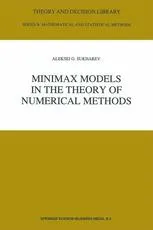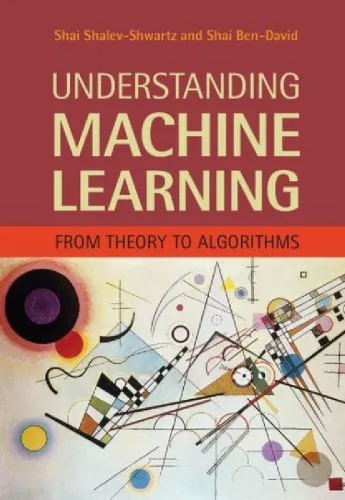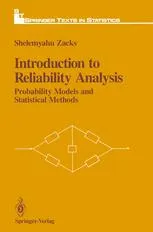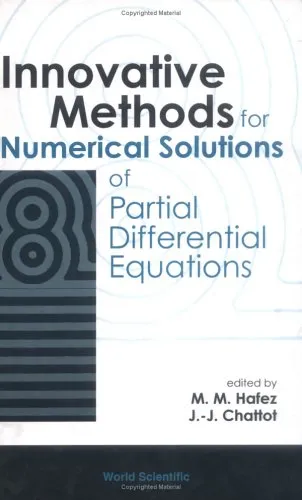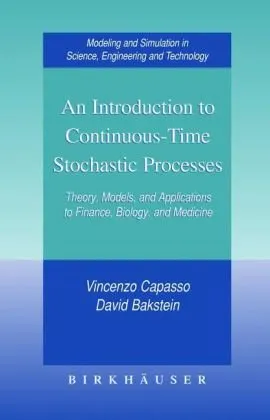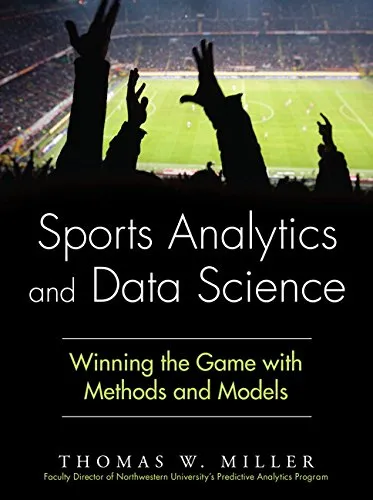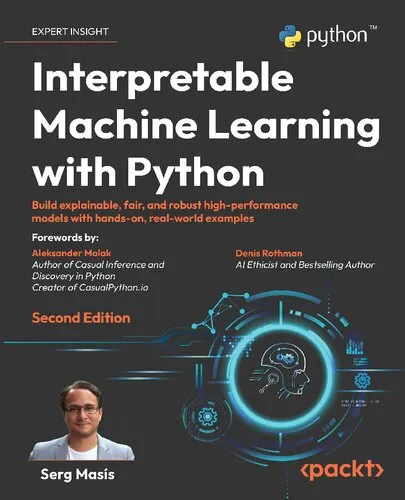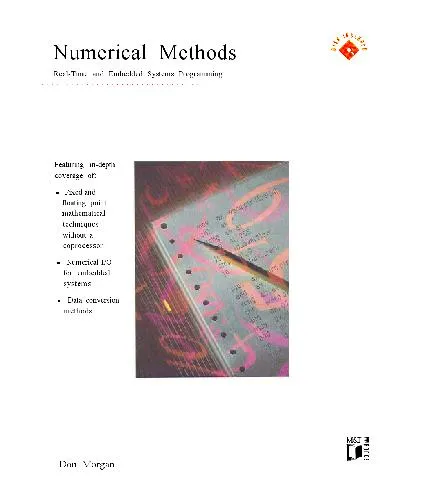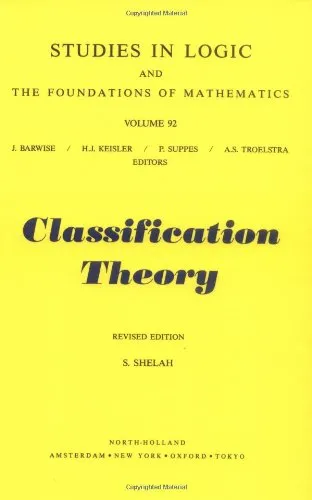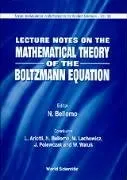Minimax Models in the Theory of Numerical Methods
4.3
Reviews from our users

You Can Ask your questions from this book's AI after Login
Each download or ask from book AI costs 2 points. To earn more free points, please visit the Points Guide Page and complete some valuable actions.Related Refrences:
Introduction to "Minimax Models in the Theory of Numerical Methods"
"Minimax Models in the Theory of Numerical Methods" is a profound exploration of the intricate and foundational relationships between computational mathematics and decision-making under uncertainty. Authored by Aleksei G. Sukharev, this book is a pivotal contribution to numerical analysis, offering a fresh perspective on the application of minimax principles to mathematical modeling and computational optimization. By seamlessly integrating theoretical depth with practical insights, this work stands out as a timeless guide for researchers, mathematicians, and practitioners dealing with challenges that necessitate precise numerical solutions and robust optimization techniques.
This text delves into the core principles of minimax approaches in numerical methods, emphasizing the minimization of possible errors under the worst-case scenarios. Structured thoughtfully to cater to both theorists and practitioners, the book aids readers in understanding how minimax models can be applied across diverse fields, including machine learning, engineering, financial modeling, and computational sciences. Whether you’re a seasoned mathematician seeking advanced techniques or a graduate student venturing into the realm of numerical methods, this book is an indispensable resource for mastering complex numerical challenges.
Summary of the Book
The central theme of "Minimax Models in the Theory of Numerical Methods" revolves around the rigorous study of optimal strategies in numerical computation. The book systematically develops a framework that merges mathematical rigor with practical applicability. Topics span a wide range of concepts, from foundational theories of minimax optimization to contemporary applications in numerical techniques.
Key areas covered in the book include:
- The theoretical underpinnings of minimax principles in numerical methods.
- Approximation theory and how to handle worst-case errors when designing numerical algorithms.
- Optimality criteria for constructing reliable numerical solutions under uncertainty.
- Practical applications of minimax models in various disciplines, such as physics, economics, and artificial intelligence.
Each chapter is interwoven with deep insights and illustrative examples that provide a comprehensive understanding of the subject matter. Through its structured approach, this book equips readers with the tools necessary to tackle real-world computational problems where precision and robustness are paramount.
Key Takeaways
By reading and reflecting on "Minimax Models in the Theory of Numerical Methods," readers will gain:
- An advanced understanding of the minimax paradigm and its relevance to numerical computation.
- The ability to design numerical algorithms that minimize the worst-case error, ensuring optimal performance under uncertain conditions.
- Insights into how theoretical concepts can be practically applied to solve complex optimization problems.
- A solid foundation for exploring cutting-edge numerical methods and algorithms that rely on robust error minimization strategies.
- Enhanced critical thinking skills that enable the development of innovative numerical approaches for emerging challenges in science and technology.
Famous Quotes from the Book
"The power of numerical methods lies not merely in their approximations, but in their capacity to confront and conquer uncertainties with mathematical rigor."
"Minimax models are more than theoretical constructs—they embody the essence of optimal decision-making under the shadow of imperfection."
"To minimize the maximum risk is not just a mathematical technique—it is a guiding principle for navigating the unknown."
Why This Book Matters
"Minimax Models in the Theory of Numerical Methods" is more than just a mathematical text—it is a strategic guide for addressing the challenges inherent in computational decision-making. In today's world, where uncertainty dominates many aspects of life, from financial markets to machine learning algorithms, the principles outlined in this book provide a pathway to reliable and efficient solutions.
This book matters because it bridges the gap between theoretical mathematics and practical application. It introduces minimax strategies as a universal tool for managing complexity, serving as an essential resource for anyone seeking to develop sound computational methods for unpredictable environments. Furthermore, its rigorous treatment of numerical optimization makes it a cornerstone for researchers aiming to push the boundaries of what is computationally possible.
As challenges in science and technology become increasingly reliant on precise and robust computational solutions, the minimax principles discussed in this book will prove invaluable for generations to come. Whether you are a researcher in academia, an industry professional, or a student eager to learn, this book empowers you with the analytical tools to tackle real-world problems head-on.
Free Direct Download
You Can Download this book after Login
Accessing books through legal platforms and public libraries not only supports the rights of authors and publishers but also contributes to the sustainability of reading culture. Before downloading, please take a moment to consider these options.
Find this book on other platforms:
WorldCat helps you find books in libraries worldwide.
See ratings, reviews, and discussions on Goodreads.
Find and buy rare or used books on AbeBooks.
1347
بازدید4.3
امتیاز0
نظر98%
رضایتReviews:
4.3
Based on 0 users review
Questions & Answers
Ask questions about this book or help others by answering
No questions yet. Be the first to ask!
